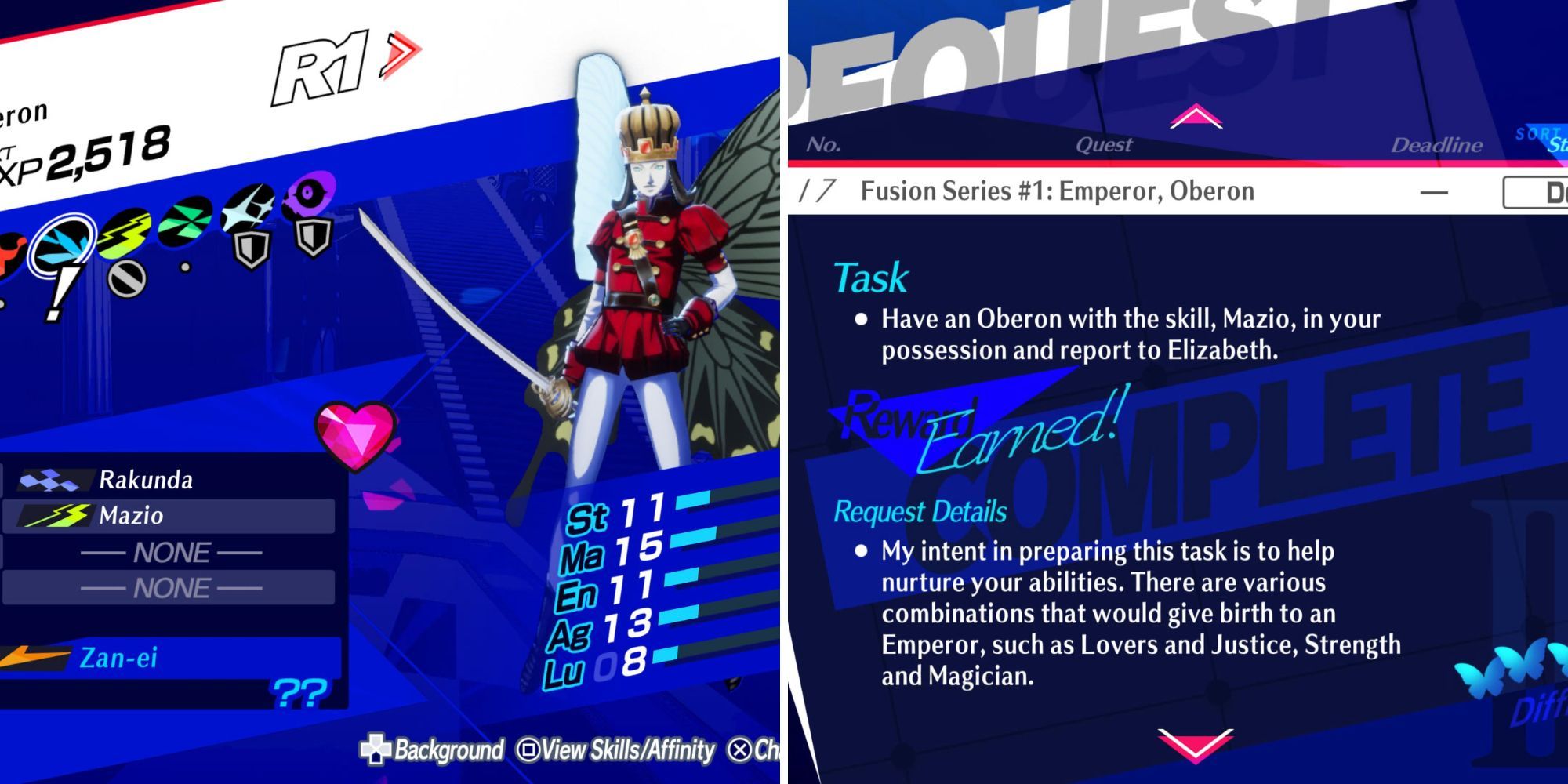Understanding Oberon with Mazio
The Oberon programming language and operating system, designed by Niklaus Wirth and Jürg Gutknecht, is celebrated for its radical simplicity and efficiency. When "Mazio" is mentioned in conjunction with Oberon, it typically refers to specific initiatives, research, or development efforts that build upon or specialize the core Oberon framework.
Key Aspects of Mazio's Influence on Oberon
While "Mazio" itself might not be a universally recognized fork or version comparable to established systems like A2 (Active Oberon) or Component Pascal, its association with Oberon often highlights several key areas:

- Targeted Enhancements: Developments under a "Mazio" context frequently focus on adapting the Oberon system or language for particular application domains or specialized hardware platforms. This could involve, for instance, real-time system extensions, adaptations for embedded systems, or the development of specialized libraries.
- Conceptual Refinements or Research: "Mazio" might also represent a distinct philosophical approach, a set of design principles, or a specific research direction applied to extending or re-evaluating Oberon's core concepts. This could involve exploring new paradigms for module composition, advanced concurrency models, or innovative user interface interactions, all within Oberon's characteristic minimalist constraints.
- Experimental Prototyping: Often, such named efforts or contributions originate from academic research or experimental projects. These aim to push the boundaries of what can be achieved with Oberon's lean architecture, providing valuable insights, proof-of-concepts, and new perspectives even if they do not always result in widely adopted public systems.
Implications for the Oberon Ecosystem
The involvement or influence of "Mazio," or similar focused efforts, contributes significantly to the diversity and continued relevance of the broader Oberon family of languages and systems. These initiatives can lead to tangible outcomes such as:
- Specialized Oberon Variants: This may result in optimized versions of the Oberon compiler or runtime environment that are specifically tailored for niche requirements. Such variants might exhibit slight divergences from the mainstream ETH Oberon lineage but offer distinct advantages in their targeted areas of application.
- Novel Tooling and Libraries: The development of new programming tools, advanced debuggers, or specialized component libraries that extend Oberon's capabilities in the specific direction pursued by the "Mazio" initiative or associated individuals.
- Adherence to Core Principles: A central challenge, and often a core objective, is the integration of these enhancements without compromising Oberon's fundamental tenet of simplicity. The "Mazio" interpretation usually seeks to uphold this principle, adapting Oberon pragmatically rather than fundamentally altering its lean nature.
Ultimately, "Oberon with Mazio" signifies a focused evolution or specialized application of Oberon's enduring principles. It aims to leverage the inherent strengths of the Oberon framework in new or challenging contexts, demonstrating its adaptability while respecting its distinguished heritage of lean, powerful, and comprehensible software engineering.










